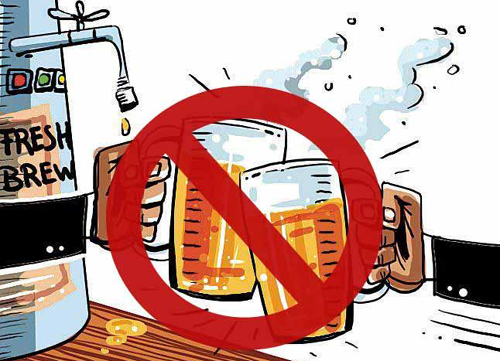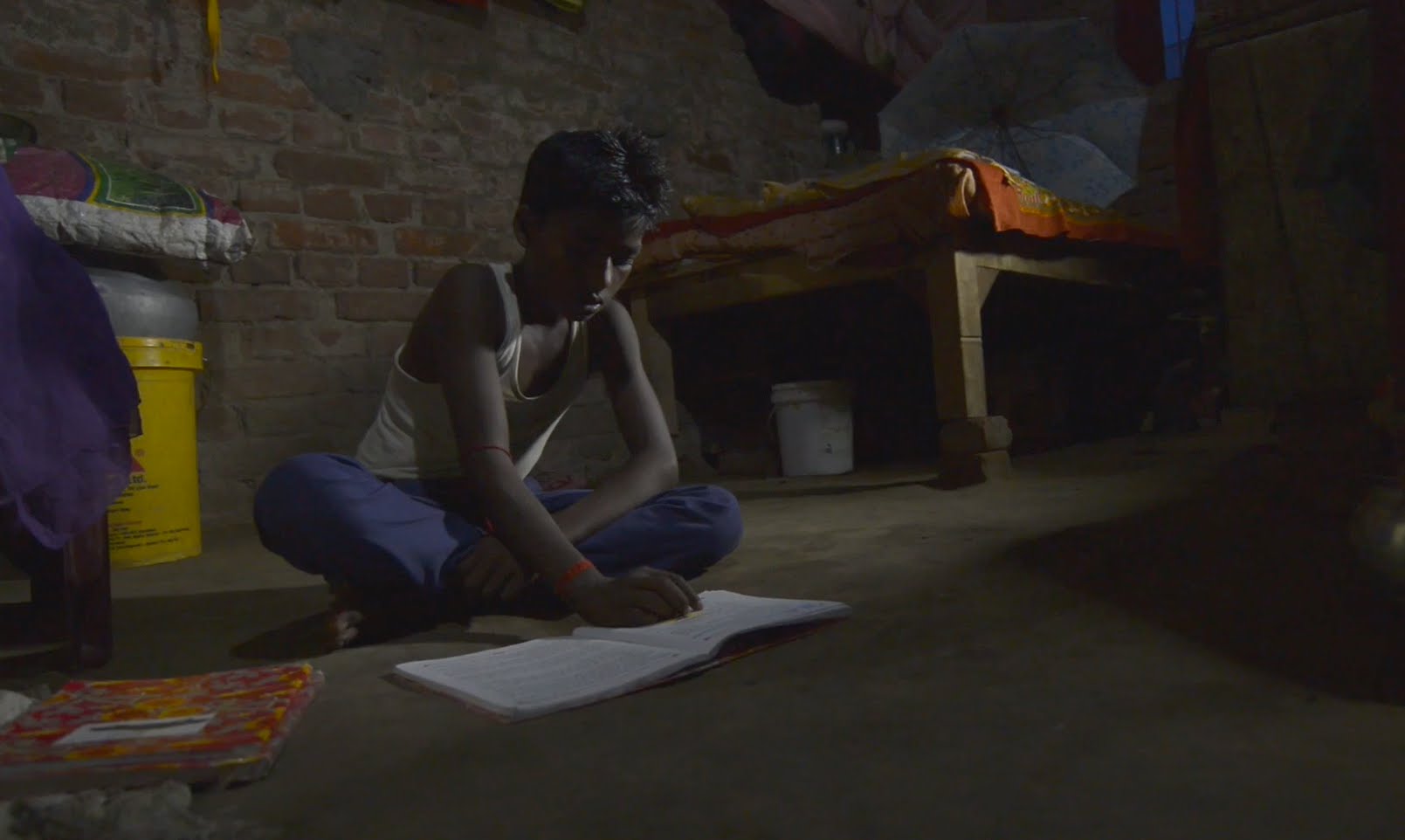Positive Results in Bihar Due to Banning of Liquor,but not in Kerala

Introduction:
Each and every government bodies, which were set up on this earth from past have been evolving since the origin of man. May it be the village head during ancient times, kingship model during medivial times and democratic model of present time. They have been transforming till date to provide the over all welfare of the people. Bihar government have failed to address this model of over all development. Banning of liquor upto an extent reduced the alcohol consumption, but it gave way to many other social problems. Kerala government in 2017 decided to lift ban on liquor due to increase in bootlegging, revenue loss and unemployment. Prohibition has not succeeded any where in the world, it only increased illegal means to do drugs, bootlegging etc.
Negative more than positive:
The study by ADRI revealed that there has been a staggering 380% increase in the purchase of honey, 200% increase in the purchase of cheese, 1,751% increase in the purchase of expensive sarees and a 910% increase in the purchase of expensive dress material since the ban was implemented. Families also reported a weekly increase of 32% in household expenditure and 19% of households reported acquiring a new asset. 58% of women said that they felt more respected since the ban. While the liquor ban saw mixed results in the state, locals and researchers have claimed that the ban has largely been counterproductive and it needs more than piecemeal amendments.They believe that it was a politically motivated move and has eventually turned into an anti-people policy.“Such reforms need proper social engineering. All the stakeholders like Panchayats, consumers, manufacturers, carriers, schools, among many others, have to be made part of such a social movement.
Fundamental rights:
Constitution of India describes directive principles of state policy,(article 49) to ban things which are harmful to health of people. In process of achieving this objective state neglected the fundamental right to privacy by forcefully making them obey the orders of government. It has been observed that more than 80 % of people arrested are dalits, Bihar also has people from upper class consuming liquor. This is question on fundamental right to equality. The same chief minister of Bihar liberalized the sale of liquor in 2005, but he lost the support of women during that time. Doesn’t this indicate the personal interests involved in it.
Case study:
Tara devi 25 year old tribal women was involved in sale of liquor in Bihar, her house was raided in last july and damaged her source of income. Her husband has been arrested, is it not the situation of loosing livelihood. Sudden decisions lead to the future problems, this type of families loose there source of income. There children doesn’t go to school they even end up in this type of activities. This situation is which leads to the future problems.
Conclusion:
Banning leads to many other illegal means like drugs smugglers, bootlegging. There should be a policy, which can address the overall crisis and try to solve the issue from its root. We need more political, economic, social thinkers involved in issues as such and give there recommendations to solve this problems.



